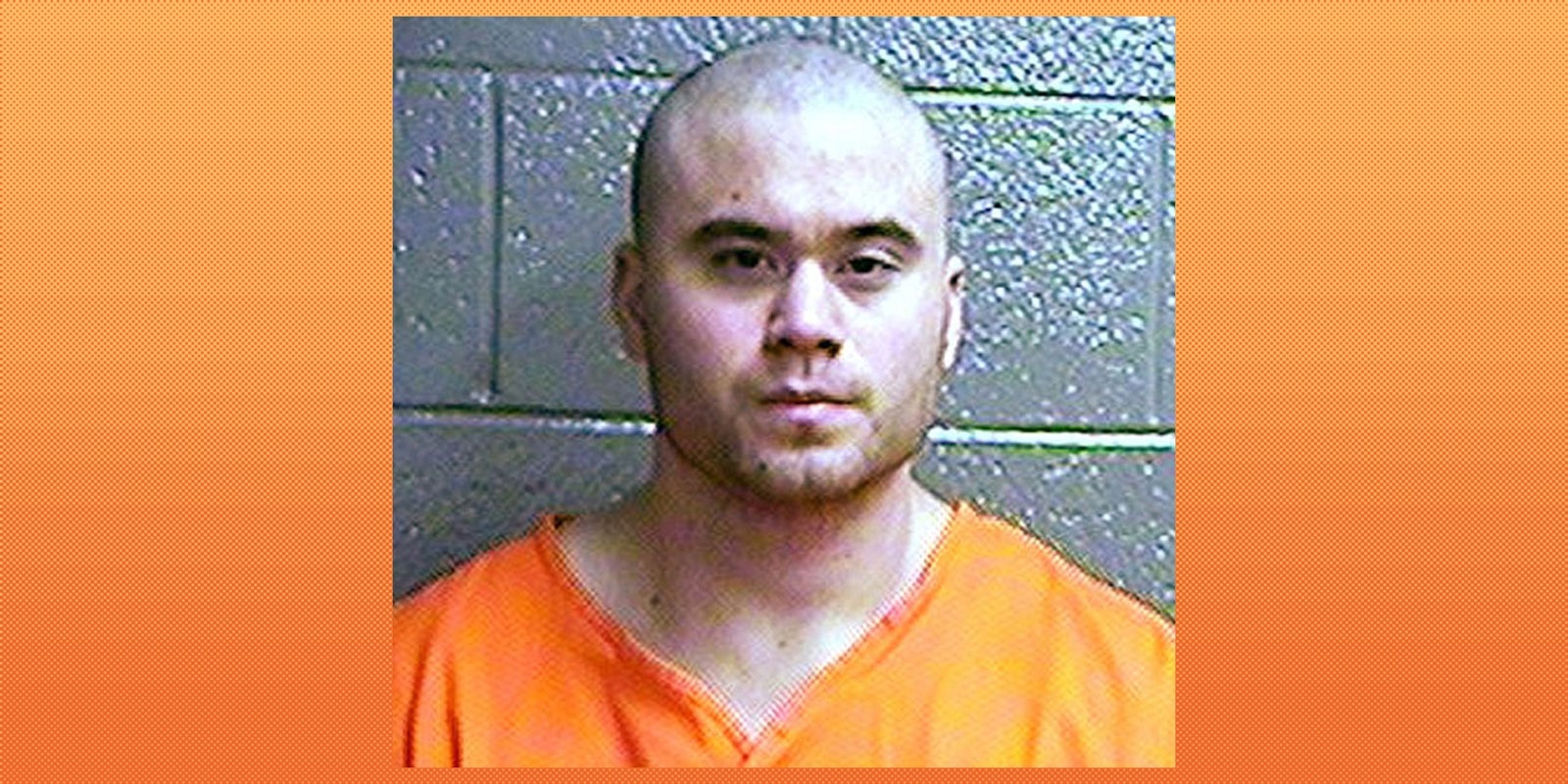In 2016, Oklahoma police officer Daniel Holtzclaw was sentenced to 263 years in prison on 18 counts of rape and sexual assault. Holtzclaw was found to have attacked multiple black women while on duty in Oklahoma City, targeting women with felony records and threatening them with jail time if they told authorities. Now, Holtzclaw has filed an appeal, claiming his attorneys at the trial were ineffective and that there was insufficient evidence.
Thirteen of Holtzclaw’s alleged victims testified against him, and there was DNA evidence found on Holtzclaw’s uniform. “Officer Holtzclaw’s lawyers did not present an expert of their own to contradict any of her testimony,” the appeal states regarding Oklahoma City Police chemist Elaine Taylor’s testimony about the DNA on his uniform, according to Enid News. “Neither did they utilize the powerful tool of cross-examination accompanied by her own reports to call into question some of her conclusions.”
The appeal also cites the publicity surrounding the case, arguing that Holtzclaw didn’t get a fair trial.
Holtzclaw’s original lawyers argued that he had been trying to help addicts and sex workers he came in contact with, and that his victims could not be trusted because they didn’t immediately go to the police. At his sentencing, he mouthed the words “How could you do this?” to the all-white jury.
Holtzclaw’s trial became a center point of conversations about police brutality and privilege. Holtzclaw’s victims were exclusively black, poor, and with criminal records—decidedly not the “perfect victims” rape culture requires women to be, and Holtzclaw used that to his advantage. He also abused his power as a police officer, checking his victims’ felony records and using that information to threaten them.
“I appreciate the fact that the judge looked at the public safety aspect of this and told the victims in this case and other women in this community that this defendant will never be out there to victimize them again,” David Prater, Oklahoma County district attorney, said at the time of his sentencing.
The trial also sparked a conversation of how often the media tries to humanize those accused of rape. SB Nation published a profile of Holtzclaw written by Jeff Arnold, which delved into Holtzclaw’s past as a high school and college football player, and featured numerous quotes from friends and family all insisting Holtzclaw was really a good guy.
“Those who read it were furious with the story, which was so sympathetic that it comfortably qualified as apologia and read as an attempt to humanize a monster at the expense of his black, female victims,” wrote Deadspin about the story. It was pulled within five hours, and inspired an internal review of Vox’s editorial policies.
The appeal yet again brings up questions of privilege: Who can afford lawyers to file an appeal? Who gets a TV show made arguing their innocence? And most of all, who is awarded a second chance?
